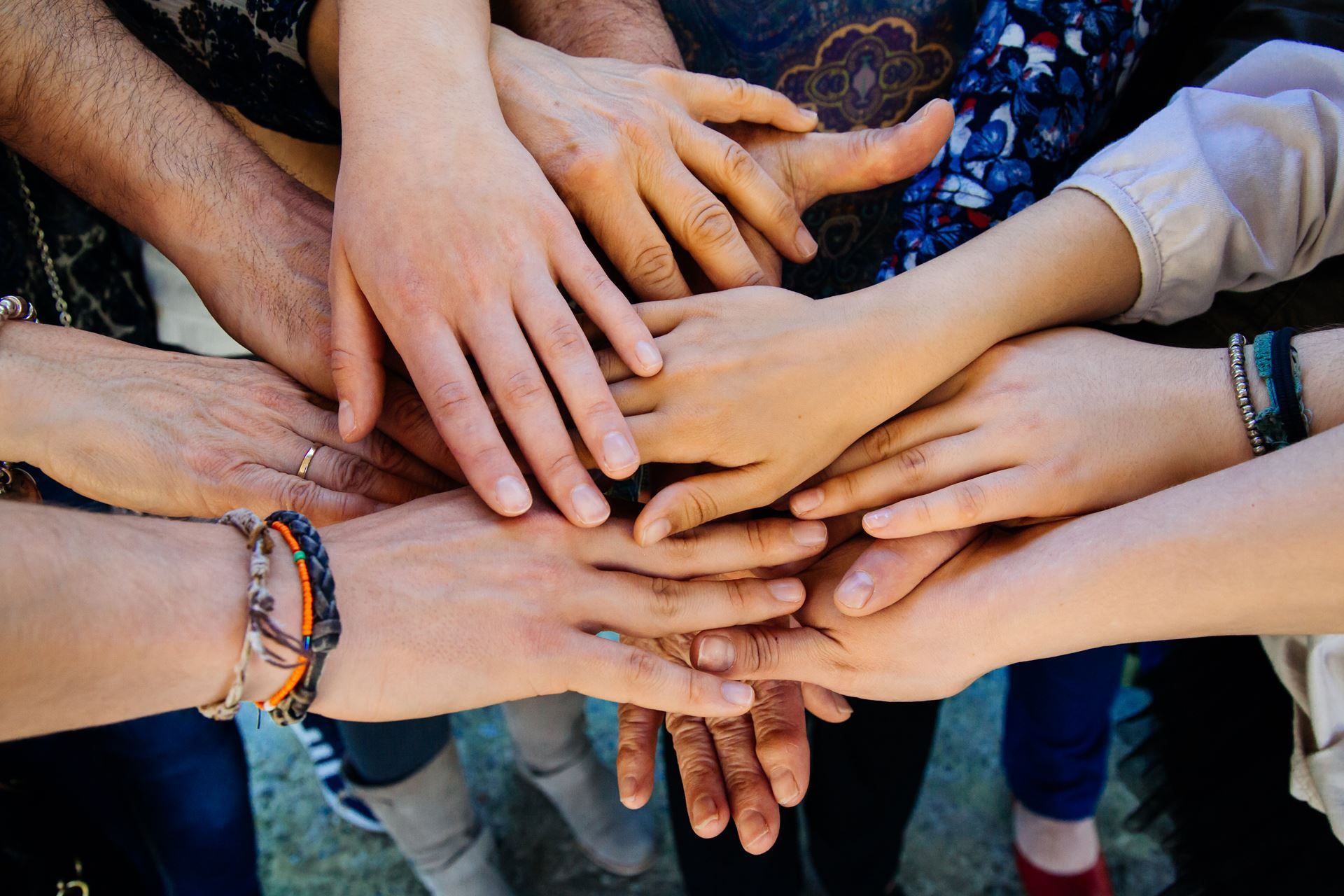In the Field: The ACA Blog
Contemporary archivists are engaged in a broad range of work within the field of archives. Whether through their work environment; through initiatives in the digital realm; through their involvement with communities to document, preserve, and provide access to their records; and through other outreach endeavours, archivists are involved in a variety of spaces. In the Field is a place for discussion about the wide range of issues encountered and raised in these spaces related to archives, archival education, and archival interventions. Thamilini Jothilingam & Isabel Carlin, In the Field Editors |
Submission Guidelines
Please complete this form to submit your proposed blog post.
We are looking forward to reading your contribution!
François Dansereau, The ACA Blog Editor
Our Community
| Public Awareness & Advocacy
| Resources
| Submissions
|
Contact Us
Suite 1912-130 Albert Street
Ottawa, Ontario K1P 5G4
Email: aca@archivists.ca
The ACA office is located on the unceded, unsurrendered Territory of the Anishinaabe Algonquin Nation whose presence here reaches back to time immemorial.
Privacy & Confidentiality - Code of Ethics & Professional Conduct
Copyright © 2023 - The Association of Canadian Archivists




